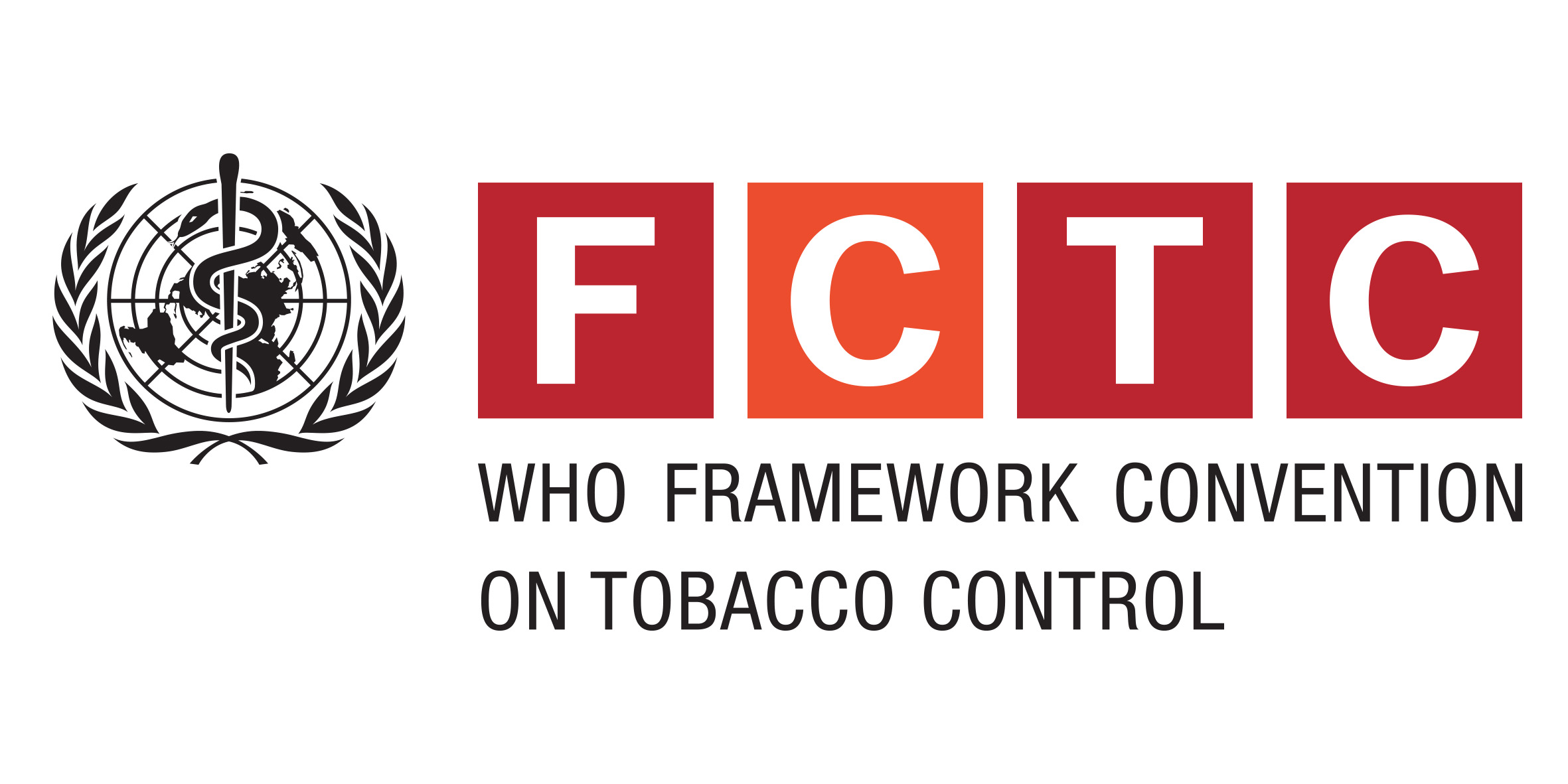Journal Article
Print(0)
Bacteriologia, Virusologia, Parazitologia, Epidemiologia (Bucharest, Romania : 1990)
Bacteriol.Virusol.Parazitol.Epidemiol.
/
42
2-Jan
103
106
1220-3696
Unknown(0)
Legionellosis is a contagious disease occurring either sporadically or more frequently in outbreaks, the infections being caused by members of the family Legionellaceae. The disease may show two clinical forms, i.e.: 1) the pneumonic form characterized by fever, pulmonary, neurologic and often hepatic and renal affections, severe evolution and high mortality rate; and 2) non-pneumonic form similar to influenza infection. Occurrence of the disease was mentioned almost all over the world its incidence in Europe reaching 1-3%. The infection sources are: warm water supply systems of hospitals, hotels etc.; water cooling towers, humidifier of air-conditioning systems, disperses for therapeutically applied aerosols, water sprinkling equipment, etc. Incubation period of the disease is 2-10 days. The factors favoring infection have to be looked for with all the conditions generating a decrease in activity of immunization system. Disease control steps through eliminating infection sources: water hyperchlorination, increase of water temperature in water supply systems at 60 degrees C for short periods, detachment of non-functional water pipes from the main trunk line. Occurrence of legionellosis is monitored by both active and passive means applied within the country and on an international level through the Reference Centres for Legionellosis.
article, health, human, incidence, legionnaire disease, prevalence
Legioneloza: date clinice ÅŸi epidemiologice.
MEDLINE
Embase
Berbecar,S.
Berbecar, S., Institutul de Medicina Aeronautica.
http://vp9py7xf3h.search.serialssolutions.com/?charset=utf-8&pmid=
1997

